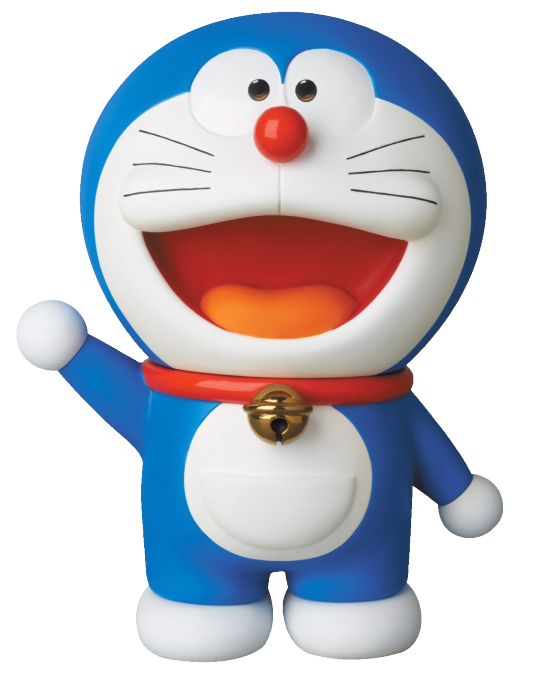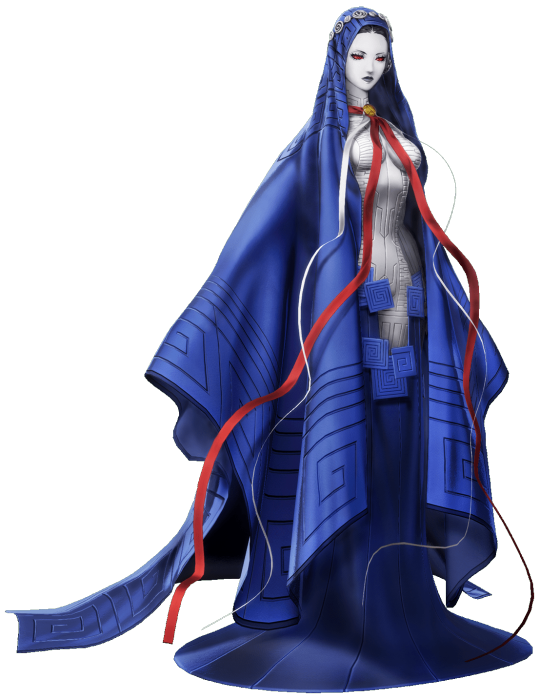#and yes this is the ''cutie honey: re'' reference
Explore tagged Tumblr posts
Text

#reigen arataka#mob psycho 100#mp100#my art#digital art#i fucking love him i love him so much#AAAAAAAAAAAA#im NOT normal about him and i don't think i will ever be#and yes this is the ''cutie honey: re'' reference#i know im probably very late to the ''reigen is so hot'' party but honestly i don't give a shit#also i really like how i drew him in terms of brushes and technique#NO I WILL NOT SHUT UP i will do as many tags as i want to#i can't believe i'm in love with this twink
161 notes
·
View notes
Note
Let's play a game: which demon will be turned into a Cutie Honey reference in the next SMT game? Memes aside, I think Sophia looks like Doraemon, due to her color scheme and the way it is placed. Not only I can't unsee it, I also think it might be intentional choice even if I have no idea why.
Which would be the most inappropriate demon to be Cutie Honey? Ummm, okay, yes. Athena! Athena has never shown her boobs and butt off. It's about time, I think!
Re: Doraemon and Sophia


This became a meme akin to Zeus and Monokuma, just not as commonly. I'm not sure myself. Doraemon is a robot with a 4D pocket. Sophia is... not a robot but might as well be and exists in a pocket dimension of her own. Actually, I don't like where this is going so I'm gonna stop here. (Nothing against Doraemon)
12 notes
·
View notes
Text
COMMON/USEFUL IONIAN PHRASES
;; Ahrichi learned to speak English by listening to those she observed from afar, so, naturally, hers isn’t so advanced. she can make decent conversation, but mistakes certainly aren’t rare. she often uses different Ionian terms and phrases, whether they be merely honorifics or entire sentences. most often I’ll do my best to hint at what it is she’s saying, but not everything is so easy to be subtle with. that being said, here’s a list of some common things you’ll hear my Ahri say, as well as some explanations of simple things. any updates to this list will be reblogged!
these are all Korean. I’m still learning and do my best to research, please forgive any mistakes!
HONORIFICS -ah: informal. for close friends. used affectionately for someone whose name ends with a consonant. e.g. Zed-ah. -yah: informal. for close friends. used affectionately for someone whose name ends with a vowel. e.g. Karma-yah. -ssi: neutral. for someone of equal status or speech level with you. used with someone’s full or first name. e.g. Sun Wukong-ssi. -nim: formal. the highest form of honorifics. used respectfully for someone of high skill, intellect, etc. e.g. seongsang-nim is commonly used by students to respectfully refer to a teacher, also commonly shortened to ssem. seonbae: formal. for a senior or mentor figure. used respectfully for someone who is and older colleague or a mentor/more experienced, such as a teacher. can be used either with or without someone’s name. hubae: formal. for a younger figure. used respectfully for someone who is younger or more inexperienced, such as another student. often not used to directly address someone, but to speak about them. TERMS appa: informal. father. eomma: informal. mother. dongsaeng: a gender-neutral term for a younger sibling. an affectionate term for someone younger than you. hyung: informal. older brother. used by boys to affectionately refer to boys older than them. noona: informal. older sister. used by boys to affectionately refer to girls older than them. oppa: informal. older brother. used by girls to affectionately refer to boys older than them. also used to flirt or refer to a boy of whom the girl is interested in. it shows a closeness of their relationship. unnie/eonnie: informal. older sister. used by girls to affectionately refer to girls older than them. jagi/jagiya: informal. literally “self.” similar to baby, honey, sweetie. used between younger couples to affectionately refer to one another. can be used by either a boy or girl to refer to one another. maknae: the youngest member (of a group). aegi: a baby. like an actual child. aegyo: the act of doing cute things. babo: informal. fool, dummy. gwiyeomi: cutie. yeppeo: pretty. jageun hana: literally “little one.” used by Ahrichi to refer to children. PHRASES aish/aigoo: used to express stress, anguish, etc. similar to “oh gosh.” ani/aniya: informal. no. daebak: literally “big win.” used to express triumph or success. mansae: the equivalent to “hooray.” ande: informal. to stop or quit. hajima/geumanhae: “stop it.” bogo shipeo: “I miss you.” hwaiting/fighting: it’s common to hear Koreans say “hwaiting!” or “fighting!” no they’re not challenging you to a fight to the death. it’s a way to cheer someone on. molla/mallayo: I don’t know. eotteokae: what should I do? usually redundant. you can answer but... I think it’s usually a rhetorical question. saranghae/saranghaeyo: informal. I love you. joahae: I like you. saranghabnida: formal. I love you. joeseonhabnida: formal. I’m sorry. mianhae/mianhaeyo: informal. I’m sorry. gamsahabnida: formal. thank you. gamsahae: informal. thank you. geundae: but/however/nonetheless. gaja: informal. let’s go. gajima: informal. don’t go. bojima: informal. don’t look. euljima: informal. don’t cry. annyeong/annyeonghaseyeo: hello. annyeongi gyeoseyeo/gaseyeo: goodbye. jalja/jaljayo: informal. goodnight. nugusaeyo: informal. who are you? jeongmal/jjinjja: really? wae geurae: what’s wrong? bepeu: best friend. assa: yes/hooray. arasseo: I got it/I understand. nappeun: bad. aya/apa: ouch/it hurts. swit: shh. ya: informal. hey. chet: a sound used to express lack of interest/amusement. heol: whatever. can be used to express annoyance. uwa: wow. a sound used to express amazement. irawa: informal. come here. niga ssireo: I hate you. jeoriga: go away.
FOOD bulgogi: literally “fire meat.” cooked meat. kimchi: spicy fermented lettuce. eaten with almost every meal. jjajangmyun: black bean noodles. sul: alcohol. cha: tea. mul: water. mandu: any kind of dumpling. dakkochi: skewered chicken and vegetables. dakgogi: chicken. dwaejigogi: pork. bap: cooked/steamed rice. ddeok bokki: a popular street food of rice cakes dipped in spicy sauce.
3 notes
·
View notes